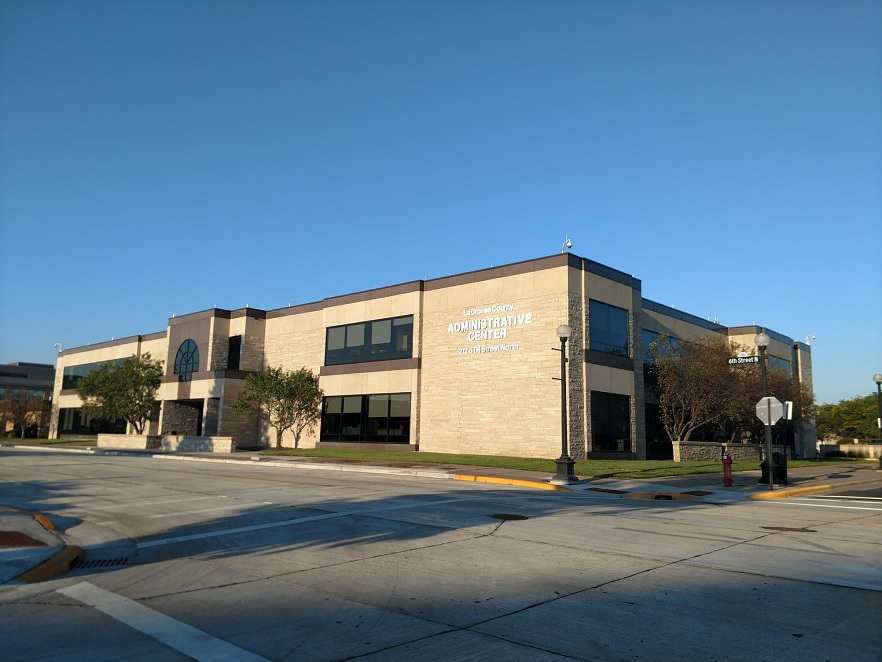Health
La Crosse County accepts 5-year, $625,000 grant to combat alcohol, marijuana use among children

La Crosse County’s health department announced Monday is has accepted what amounts to a total of $625,000 in grant money to help fight youth substance abuse.
The funding will be primarily used to combat the use of alcohol and marijuana among children.
The La Crosse County Board approved a resolution to accept the $125,000 Drug Free Communities Grant (DFC) that can be renewed for five years from the Centers for Disease Control and Prevention, Office of National Drug Control Policy.
The grant will coordinate activities with the Alliance to HEAL Primary Prevention workgroup.
“We are excited to continue the good work of previous organizations to implement evidence-based strategies that prevent youth substance use through education and community partnerships” Audra Martine, the county’s health director said in a statement.
According to the La Crosse County Youth Risk Behavior Survey:
- One in five youth have had at least one drink in the past 30 days.
- Half of high school students report ever using alcohol.
- Almost one in four students have ever used marijuana.
- Youth are using marijuana (13%) at almost the same rate they are using the e/cigarette/vaping (14%).
- Youth of Black/African American or Hispanic ethnicity report having their first drink prior to age 13 and use marijuana at rates much higher than white students.
- LGBTQ youth report using alcohol and marijuana at much higher rates than cisgender students; and Wisconsin and La Crosse County are known for a drinking culture.
- Of 381 metro areas in the US, the metro area of La Crosse/Onalaska rated 10th for “drunkest” cities in America.
- Wisconsin has 2.7 times the bars as grocery stores.
The Importance of primary youth prevention in La Crosse County:
- La Crosse County experienced 40 overdose deaths in 2020, which is the highest recorded rate of overdose deaths since 2013.
- In over 50% of the cases reviewed by the La Crosse County Overdose Fatality Review Team, adolescent drug use including alcohol, tobacco and marijuana was present. (The county did not provide how many cases had been reviewed).
“Children’s brains grow rapidly in the first five years of life and aren’t fully developed until about 25 years of age,” Judi Zabel, the county’s health educator and DFC Program coordinator, said in a statement. “Drug use can impact healthy brain development by creating problems with memory and learning. Substance use can pose risks with physical health and growth like lower bone density and liver damage. Because substance abuse can muddy reasoning and encourage rash decisions, teens are at risk for wasted academic opportunities or damaged relationships with friends and family or even criminal behavior.”
To learn more about the DFC grant and participate in primary prevention activities, contact Zabel, by email [email protected] or at 608.785.9855.

